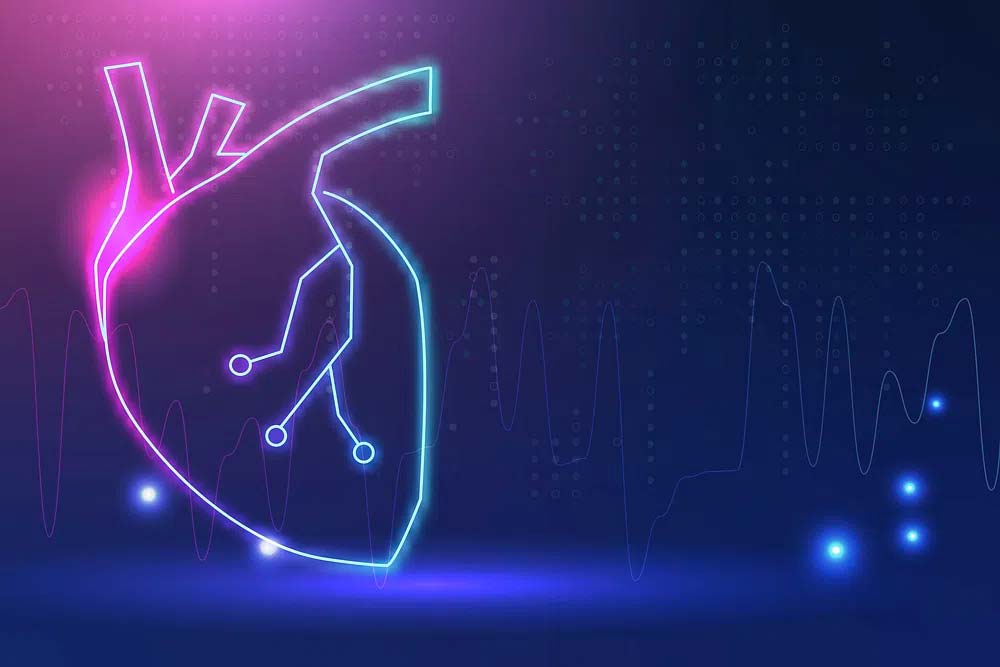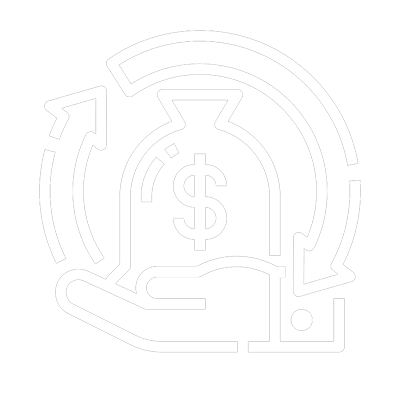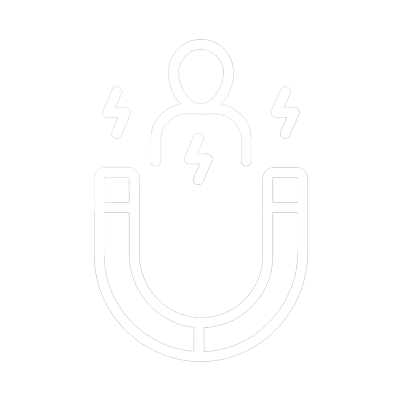Introduction
AI, no doubt has changed our industries with their efficiency, low cost of operation, and quickness to get the job done. Particularly in the healthcare system, AI has been helping healthcare professionals and researchers diagnose illnesses and find cures. It is reported that in the US, 41% of healthcare uses AI in their functionality, which goes to show the power of robots and robotics. While AI is still in its early stages, there is no doubt about its power to influence and change the mode of operations of healthcare in the long run for good and for bad.
Disadvantages
While the benefits of AI are numerous, it must not be forgotten that even something as good as AI can be a double-edged sword.
- Training Complications: AI needs to be trained with curated data so it can perform properly while medical professionals also need to be trained in order to run the AI, which can lead to complications.
- Need for Human Surveillance: While AI can more or less function on its own when given proper data, it still needs human surveillance in order to check if the motions are going in proper order. There are also some things that AI lacks that human medical professionals have; for example, AI runs on logic, while humans can detect other behavioural changes in patients and show empathy.
- Overlooks Social Variables: AI runs on the data it is provided and doesn’t yet know that there are social, economic, and historical variables that affect the patient. In this case, human medical professionals are required to make decisions after consulting with the patient about their preferences and their economic conditions regarding their medical care.
- Risk of Unemployment: While AI can help cut costs and reduce the pressure of medical professionals, it can render some jobs like administrative work, where there is a repetition of tasks, redundant. According to a 2018 World Economic Forum report, it was projected that AI would create a net sum of 58 million jobs by 2022. However, this same study finds 75 million jobs will be displaced or destroyed by AI by the same year. The major reason for this elimination of job opportunities is, as AI is more integrated across different sectors, roles that entail repetitive tasks will be redundant.
- Increased Security Risk: As AI requires networks to run on, cybersecurity is a big risk. Cyber attacks are getting more sophisticated and accurate, which makes it difficult to prevent and predict, which means that healthcare might have to invest a lot of money to protect the AI networks from criminal activity.
Conclusion
AI has many benefits that have helped and assisted the healthcare system. But since AI is also a double-edged sword, it has its own risks such as the risk of unemployment and attack by cybercriminals. AI needs humans for surveillance and training and data so that it can run and function optimally. With regard to handling patients, AI does not possess the empathetic qualities of humans, which adds to the disadvantages. These things must be carefully considered before implementing them in the healthcare system.





